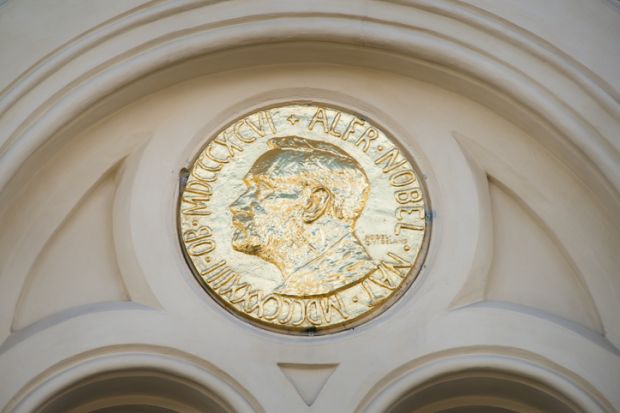Two California-based scientists have been awarded the Nobel Prize in Physiology or Medicine for their discoveries of receptors for temperature and touch.
David Julius, professor of physiology at the University of California, San Francisco, and Ardem Patapoutian, a professor at Scripps Research, a non-profit biomedical research institute in San Diego, took the first Nobel of 2021 for solving what the prize’s committee described as “one of the great mysteries of nature”.
Professor Julius, a New York-born physiologist who took his undergraduate degree at the Massachusetts Institute of Technology and a doctorate at the University of California, Berkeley, began his work by using capsaicin, taken from chilli peppers that induce a burning sensation, to identify a sensor in the nerve endings of the skin that responds to heat.
Professor Patapoutian, a Lebanon-born scientist who moved to the US to study biology at the University of California, Los Angeles before taking a PhD at the California Institute of Technology, used pressure-sensitive cells to discover a novel class of sensors that respond to mechanical stimuli in the skin and internal organs.
These discoveries led to a programme of research in both men’s laboratories that has helped to increase understanding of how the human nervous system senses heat, cold and mechanical stimuli, the Nobel committee said.
This knowledge is now being used to tackle a number of diseases involving chronic pain.
The prize – which relates to a series of papers published mostly between 1997 and 2004 – ends speculation that the Nobel committee might have taken the usual step of awarding the prize to a Covid vaccine-related discovery. The committee has been reluctant to award the prize to recent discoveries, with last year’s award to the decade-old field of gene editing seen as a notable exception.
Register to continue
Why register?
- Registration is free and only takes a moment
- Once registered, you can read 3 articles a month
- Sign up for our newsletter
Subscribe
Or subscribe for unlimited access to:
- Unlimited access to news, views, insights & reviews
- Digital editions
- Digital access to THE’s university and college rankings analysis
Already registered or a current subscriber? Login








